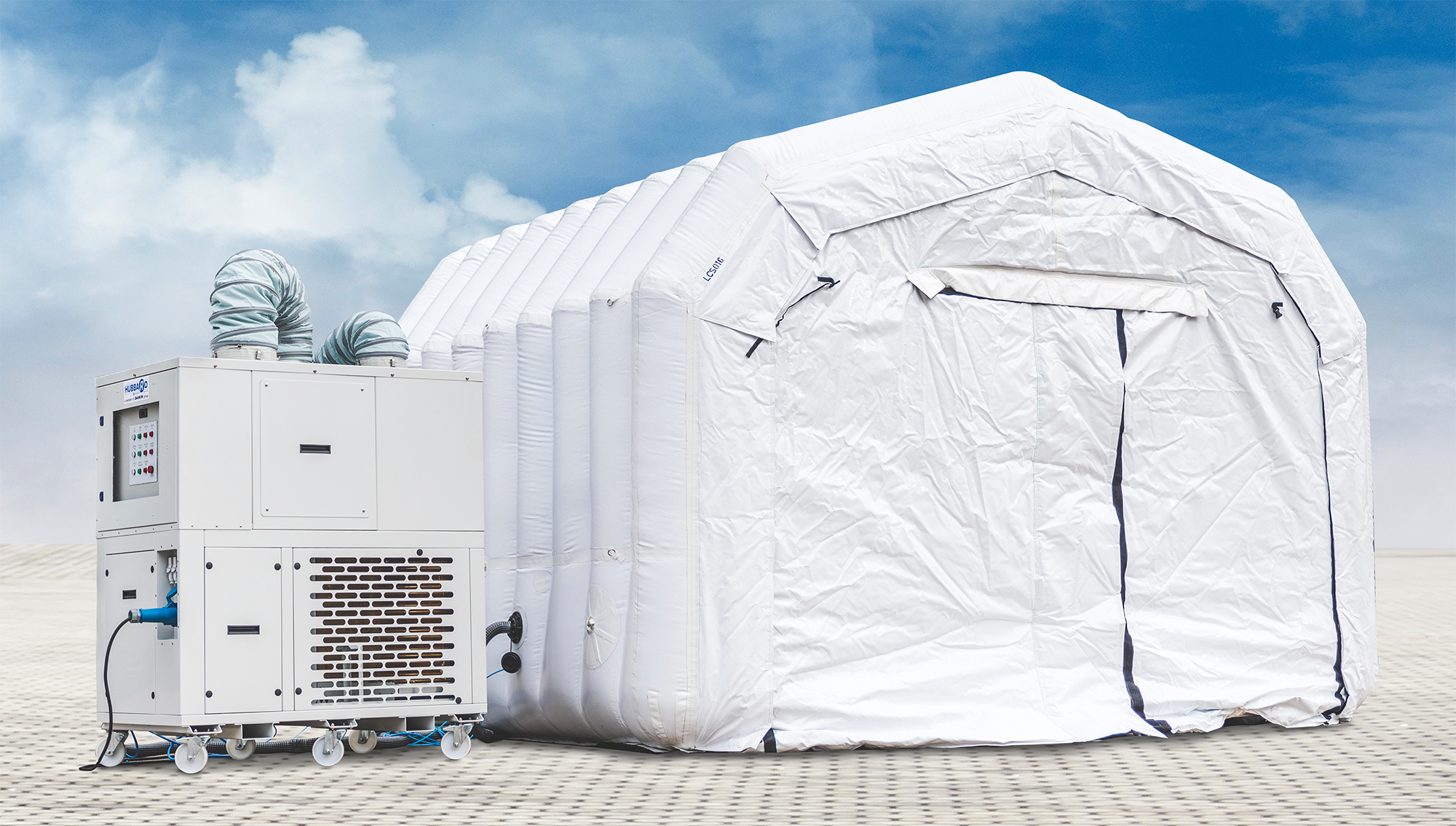The global race to achieve a mass roll out of a safe and effective vaccine to prevent the continued spread of Coronavirus is well and truly underway. Pharma giants from all over the world have been sharing encouraging and cautiously positive news since November 2020 about research breakthroughs.
At the time of writing, according to Research Focus’ vaccine tracker, more than a dozen vaccines have been approved for use around the world, with many more in development. Data from ourworldindata.org shows over 7 billion vaccines had already been administered worldwide by early March 2021
Organisations and collaborations have emerged across the globe to accelerate the development, production and distribution of COVID-19 vaccines and overcome associated challenges. These include Operation Warp Speed (OWS) a public-private government initiative in the US, as well as ACTIV where the National Health Institute (NIH) and 18 bio pharmaceutical organisations aim to fast track drug development.
In the wider world, COVAX, part of the World Health Organization’s (WHO) Access to COVID-19 Tools (ACT) Accelerator, is working with manufacturers to a low cost vaccine to developing countries.
What does vaccine research have to do with cold chain?
The NHS England Policy and Procedure for maintaining the vaccine Cold Chain states:
Vaccines are biological substances that may lose their effectiveness quickly or become potentially dangerous if they become too hot or too cold at any time, especially during transport and storage.
The ‘cold chain’ is a term used to describe the cold temperature conditions in which certain products need to be kept during storage and distribution. Maintaining the cold chain ensures that vaccines are transported and stored according to the manufacturer’s recommended temperature range until the point of administration.
The first iterations of the COVID-19 vaccine required storage in temperatures below 70 degrees Celsius or they would spoil within five days. This is due to its scientific make up from synthetic Messenger ribonucleic acid (mRNA) which is vital in activating the immune system.
The NHS guidance goes on to say:
All vaccines must be refrigerated {or in these cases frozen}, as well as protected from light. The efficacy of vaccines depends on their temperature being kept within a specified range from manufacturer to patient. If storage recommendations are not followed, manufacturers will disclaim responsibility for any subsequent product failure. In addition the use of a vaccine that has not been stored correctly is likely to be outside of the licensed use of the vaccine and therefore it cannot be used under a PGD.
What are the challenges?
These guidelines and those of many vaccine manufacturers present a significant logistical challenge.
Even the most comprehensive cold storage solutions within developed, urban healthcare systems cannot cope with the high-volume quantities that need to be stored at these ultra-low temperatures to vaccinate populations on a mass scale. So, for more remote rural areas and developing countries with low-capacity cold storage infrastructure, particularly in hotter climates major hurdles include space, capacity, logistics and transportation and deployment.
If stored at room temperature, vaccine shots are likely to spoil in around five days. Even if frozen, the air and land transportation lifetime is expected to be up to 10 days. Some could however be stored in an ultra-low temperature freezer for up to six months[1]. This doesn’t solve the problem of deployment en masse. The healthcare professionals that need to administer the vaccines are unlikely to have access to ultra-low temperature freezers and extensive cold storage areas, so there is risk of spoilage, waste and vaccines becoming ineffective in a relatively short space of time, costing millions.
What are the options for secure cold chain?
With more than 35 years experience of providing temperature-controlled solutions Dawsongroup | global is able to offer in-depth operational knowledge and consultancy on rapid deployment options for cold chain logistics and the different types of equipment available.
Temperature-controlled cold room units offer a scalable, flexible and relatively easy to transport option for rapid deployment of extra capacity. These include POLAR°STORETM cold storage units, blast freezers and super freezers which can achieve storage temperatures of +45 to -70 degrees Celsius.
Inflatable, temporary structures such as TEMP°STORETM 10 and TEMP°STORETM 26 help to quickly add capacity, are easy to deploy and store when not in use. They provide an alternative to static refrigeration units if freezer space is at a premium.

Charles Dawson, International Development Director at Dawsongroup | global, said:
We have been collaborating on industry and academic research to better understand what the cold chain needs to look like to meet the demands of a global vaccine roll out.
Our Temp°store™ temporary structures offer immense flexibility and innovative thinking for adding short term capacity quickly, often in hard-to-reach locations. The Polar°storeTM range also provides a solution that can be sourced at cost effective volume and are relatively easy to transport, giving the ability to scale up and down as required. We can also provide bespoke solutions to meet a particular challenge – and this is certainly one of those on a global scale.
For more details about Dawsongroup | global cold chain products and services visit www.dgglobal.org
